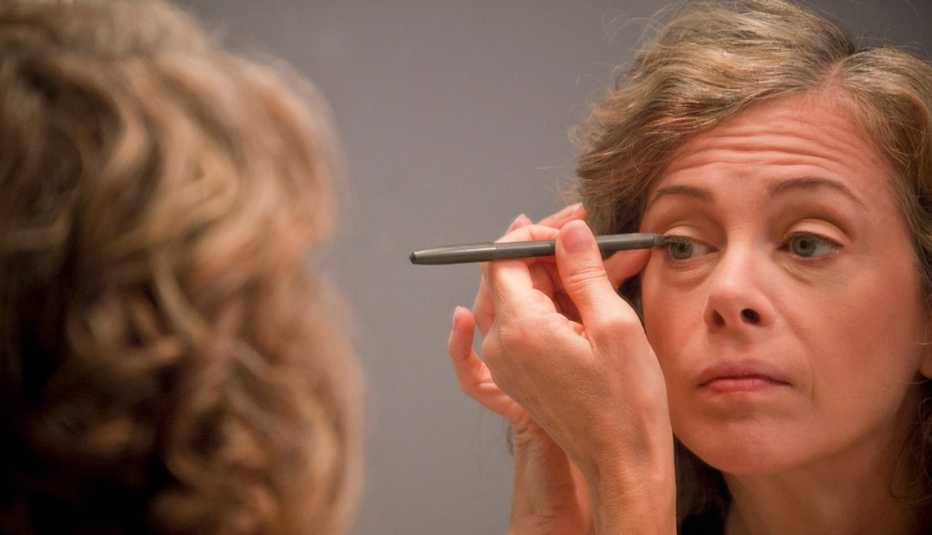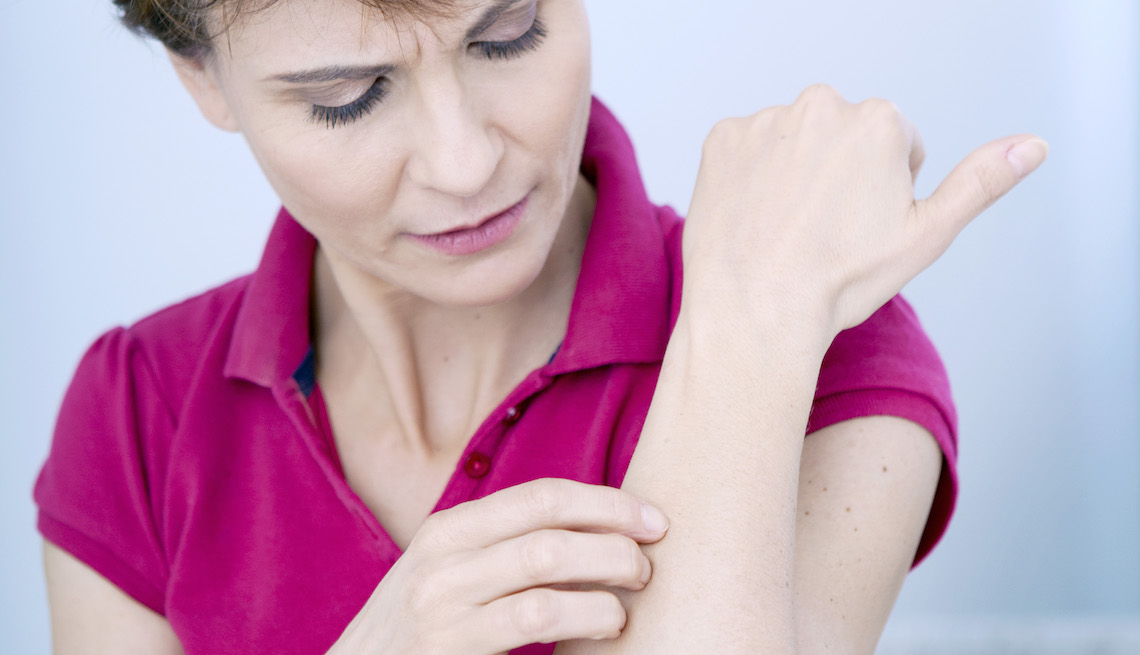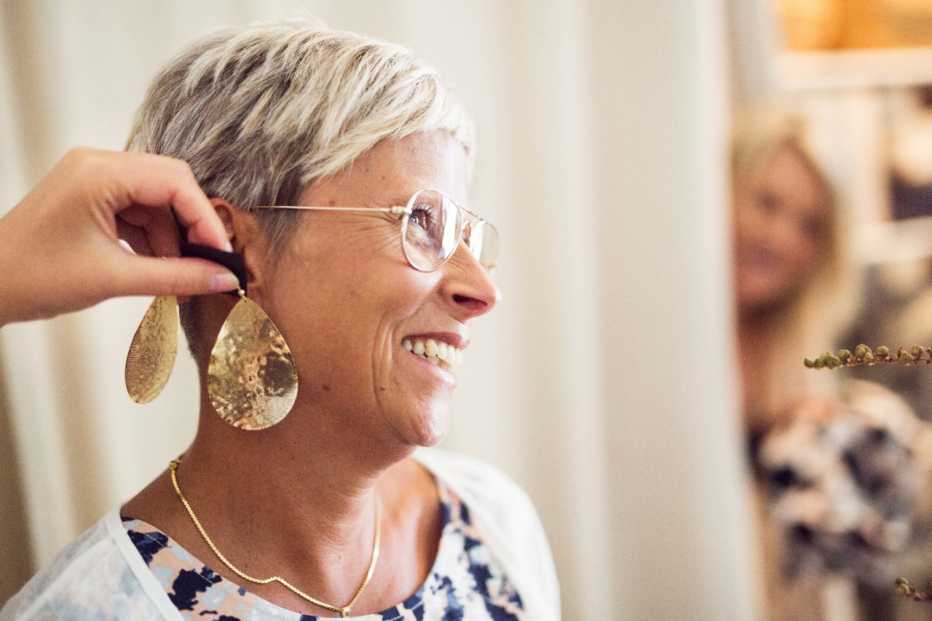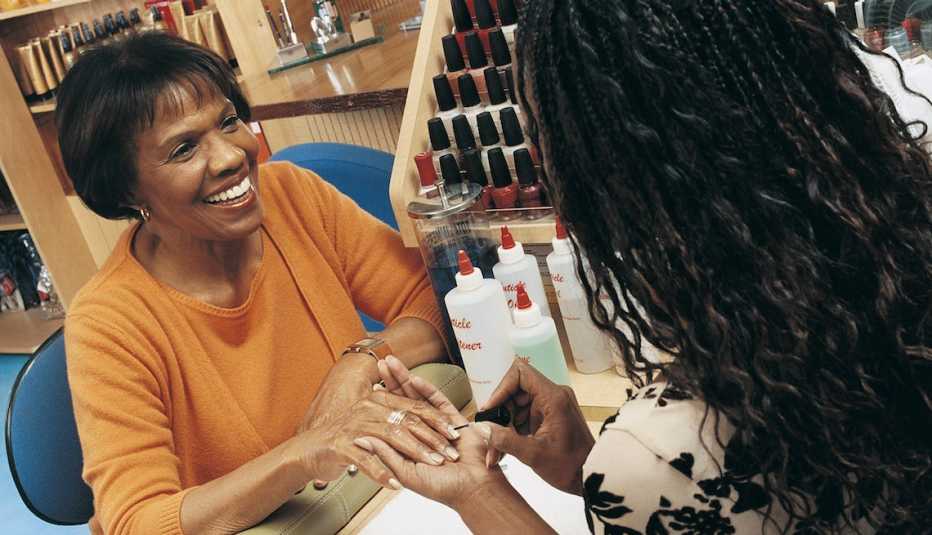Staying Fit
Ever get itchy lobes from a pair of earrings or a rash from new jeans? How about a burning feeling from your usual (and favorite) eye shadow? Yes, you can be allergic to beauty products, clothes and accessories. I’m a beauty editor, not a dermatologist, so I teamed up with Joshua Zeichner, the director of cosmetic and clinical research in dermatology at Mount Sinai Hospital in New York. Don’t panic. These 10 tips can help prevent and treat skin scares.
1. Where is it? “Location, location, location. It’s the starting point for figuring out the cause of any itchiness, redness or rash,” Zeichner says. Immediate DIY treatments include “applying nonprescription 1 percent hydrocortisone ointment to the affected area twice a day (but not on eyes), taking an over-the-counter antihistamine if you’re itchy and applying a bland moisturizer that includes petroleum jelly to the ashy, inflamed area,” he adds. Of course, if symptoms continue or worsen, see your dermatologist ASAP.


AARP Membership— $12 for your first year when you sign up for Automatic Renewal
Get instant access to members-only products and hundreds of discounts, a free second membership, and a subscription to AARP the Magazine.
2. It may not be your laundry detergent or fabric softener. That’s our first thought, right? Zeichner says that “fragrances in products, dyes, metals like nickel — found in jeans buttons, costume jewelry, and bra hardware and underwires — are the usual suspects.” Have a biker-short rash from control garments? “It may be spandex or other rubbery fibers causing your discomfort,” he says. Again, pop an antihistamine and take the item off! And those earrings? Upgrade to sterling silver or 14 karat gold. And know that eyeglass frames may also contain nickel, should your irritation be where the metal part of the frame touches your skin.


For entertainment news, advice and more, get AARP’s monthly Lifestyle newsletter.






































































